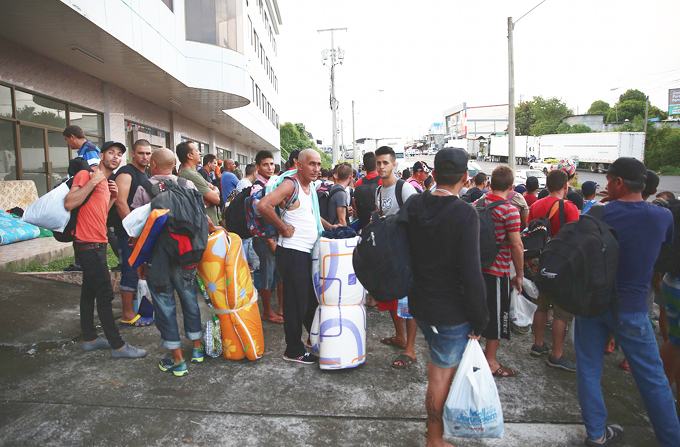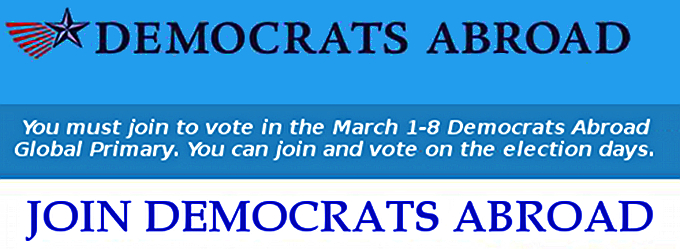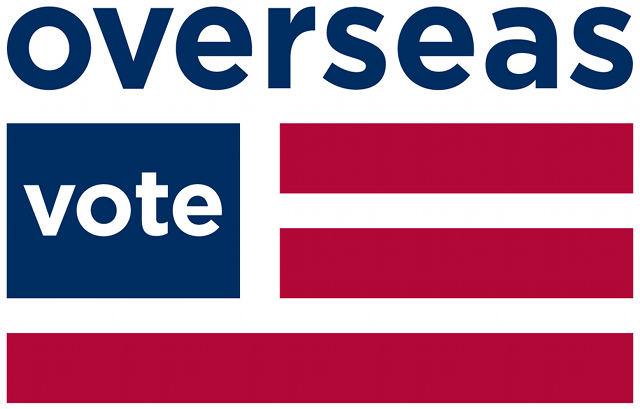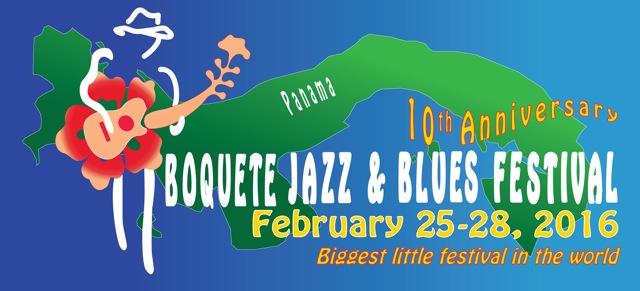
Cuban migrants have Panama doing a balancing act
by Eric Jackson
There are about 1,000 Cuban migrants stuck in Panama, about three-quarters of them near the Costa Rican border in Chiriqui province, and it’s causing more complications with our foreign policy than domestic criticism. Part of the ho-hum reaction here is that these people do not intend to stay in Panama to occupy economic niches that some laws and some people say should be reserved for Panamanians. Part of the typical Panamanian reaction is a sense that the problem is external to us, a combination of poverty in Cuba and a US law, the Cuban Adjustment Act, that encourages Cubans — and nobody else — to get into the United States any way that they can. Under that law if a Cuban and a Panamanian, each with no visa and each without a reasonable claim for refugee status, land on a US shore together on the same raft only to be met by the Border Patrol, the Cuban gets to stay and the Panamanian gets sent back. (That would be kind of a rare case, as Panamanians are relatively happy to stay here, especially as compared to Mexicans who are driven from time to time to leave their country and illegally cross the US border in great numbers.)
Panama, however, has a generally tolerant attitude about illegal migrants. People without visas from all over — Asia, Africa, Latin America, the Caribbean — make their way here on jungle paths from Colombia or by sea with the intention of moving up through Central America and Mexico to get into the United States. The official attitude has been that this is not our problem, so long as these people keep moving and don’t make it our problem. That attitude gets Panama criticized in the annual US reports on human smuggling and is commented upon with disapproval by that part of the far right in the United States that gets incensed about immigration in general, or by the immigration of nonwhites. But also under the tent of the Republican right there are many very conservative Cuban-Americans who like the idea of Cubans fleeing the island to the United States, by way of Panama or any other way. That’s the basic political reason for the Cuban Readjustment Act, which has historically enjoyed a lot of Democratic support as well. With the moves to normalize US-Cuban relations there is an expectation in Cuba that this law may soon be repealed and thus that the special door for undocumented Cuban immigrants will close. Thus the current rush to get to the United States while it is still possible.
Attitudes change the closer one gets to the Rio Grande. Under pressure from Republicans Barack Obama has been deporting record numbers of Central Americans and Mexicans, which makes the people and governments of these countries a bit less understanding about Cubans passing through en route to a legal chance to stay in the USA. First Costa Rica put its foot down about letting Cubans cross their border from Panama, then Nicaragua barred Cubans in Costa Rica from crossing into their country. All of a sudden there was this regional crisis, brought on, as Cuban strongman Raúl Castro insists, by an anomaly in US law. South American countries adopted policies to keep Cubans likely to head north from flying to their countries. With respect to Panama, Ecuador’s restrictions are particularly noteworthy. The Central American countries, of which Panama is formally if not historically or culturally a member, met to figure out what to do.
Panama has taken a moderate, or it might be called contradictory, position with the Central American neighbors. Amidst some angry calls for a regional crackdown, the Panamanian government resisted calls to criminalize illegal immigration. Vice President and Foreign Minister said that Panama was trying to give humanitarian support to the Cubans and to find a way around Central America to get them to Mexico and on their way. But over the holidays Panama moved the Cubans away from the border crossing with Costa Rica at Paso Canoas — and also out of temporary shelters in David — surely at Costa Rica’s request to avoid any mob scenes at the border.
Will some demagogue seek to make a US presidential campaign issue of Panama’s role as a stepping stone for illegal migrants? Probably. Little Panama is a tempting target for would-be American bullies, but usually we are too obscure to excite US passions. But if our neighbors get sufficiently annoyed, the “you can come and go, but you can’t stay” policy becomes untenable for us. The current crisis may blow over, but Panama will probably have to reconsider its migration policies.













